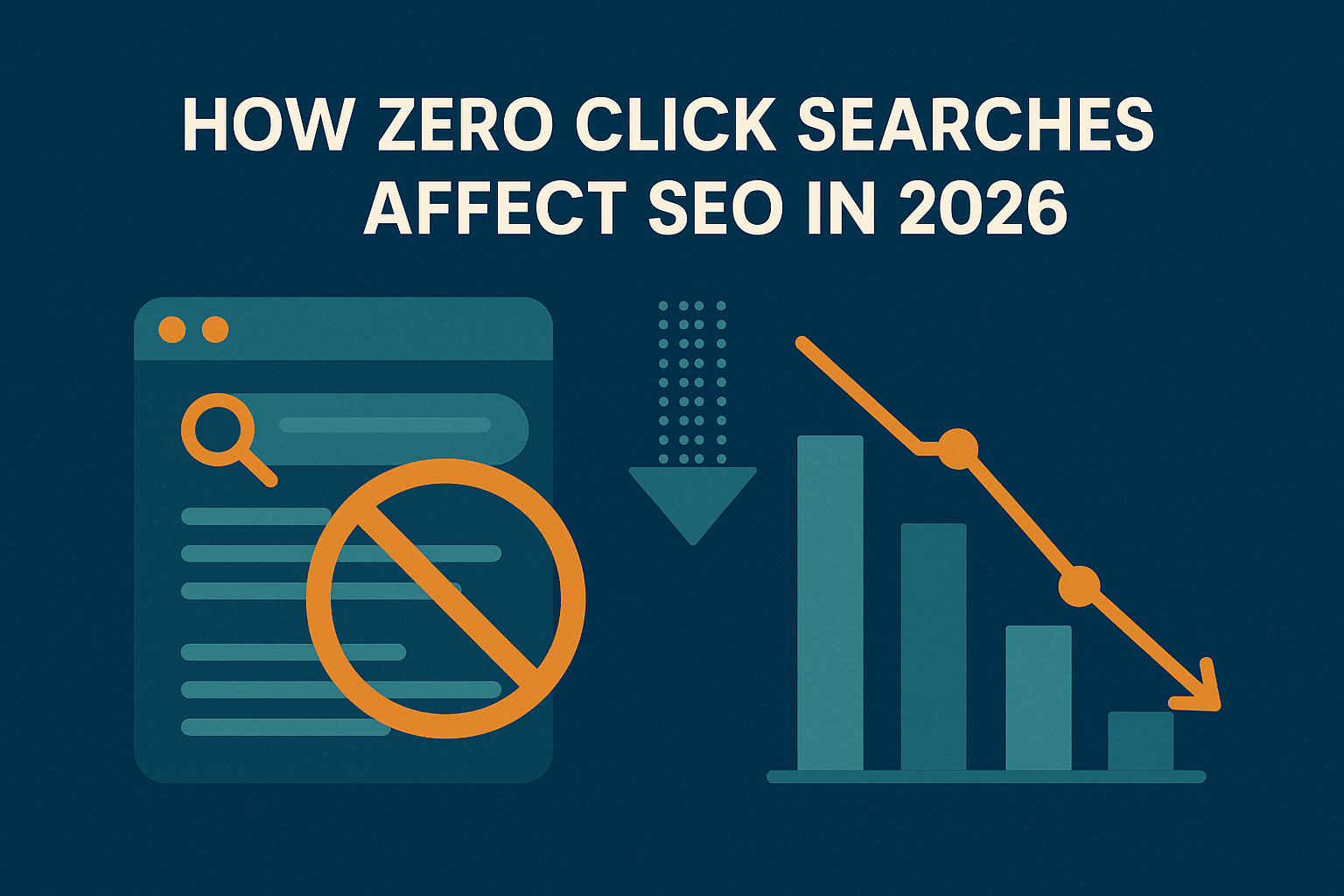Why Virtual SEO Assistants Are Perfect for Managing SEO for Multiple Locations
Managing SEO for multiple locations can be complex, especially for businesses with a wide geographical reach. Each location often requires a tailored approach to ensure that local SEO factors, such as local keywords, reviews, and business listings, are properly optimized. Virtual SEO Assistants (VSAs) are ideal tools for managing SEO across multiple locations because they offer automation, scalability, and precision. Here’s why they are perfect for managing multi-location SEO:
1. Efficient Management of Local Listings
- Google My Business (GMB) Optimization: For businesses with multiple locations, maintaining and optimizing Google My Business listings is crucial. A Virtual SEO Assistant can automate the process of creating, verifying, and optimizing GMB profiles for each location. It ensures that all business information, such as name, address, phone number (NAP), hours, and website URL, are consistent and accurate across all listings.
- Consistency Across Directories: A Virtual SEO Assistant can ensure consistency in local business listings across various platforms (e.g., Yelp, Bing Places, Apple Maps, etc.) by updating information across all of them simultaneously. This avoids discrepancies that can harm local search rankings and customer trust.
- Localized Reviews Management: A VSA can monitor reviews for each location, responding to reviews in a timely manner and helping you track customer feedback for each specific branch. Positive reviews and engagement with customers can improve both UX and SEO, especially for local searches.
2. Localized Keyword Research and Optimization
- Location-Specific Keyword Tracking: A VSA can perform keyword research for each location, identifying high-ranking, location-specific keywords. It helps you optimize content and meta tags for different regions, ensuring that each location’s SEO strategy is tailored to its specific audience.
- Geo-Targeted Content: The VSA can suggest content optimization strategies for each location by identifying regional topics, search intent, and trends. For example, if a certain service is more popular in one location, the VSA can recommend content focusing on that service for the relevant pages.
- Avoiding Keyword Cannibalization: For multi-location businesses, it’s essential to prevent keyword cannibalization, where multiple location pages compete for the same keywords. A VSA can help you identify and fix these issues by recommending unique, location-specific keywords for each page.
3. Automating Local SEO Audits
- Location-Based SEO Audits: The Virtual SEO Assistant can conduct regular SEO audits for each location’s webpage and GMB profile. This includes checking for issues such as broken links, missing metadata, or duplicate content, which can affect SEO performance. Automated audits ensure that each location is fully optimized and up-to-date.
- Technical SEO for Multiple Locations: Technical SEO issues, such as page load speed, mobile responsiveness, and structured data, can vary across locations. A VSA can monitor these factors for each location, providing tailored recommendations to address specific technical challenges.
4. Centralized Reporting Across Locations
- Consolidated Performance Dashboards: Managing SEO for multiple locations means tracking performance for each one. A VSA can generate consolidated SEO reports that show key metrics (e.g., traffic, keyword rankings, reviews) for each location in a single dashboard. This makes it easier to compare performance and identify which locations need additional attention.
- Customizable Reports: Since each location may have different goals or challenges, the VSA can offer customized reports to track the most important metrics for each location. Whether it’s traffic, conversions, or local rankings, the VSA can adapt to your specific needs.
- Geo-Targeted Tracking: A Virtual SEO Assistant can track keyword rankings, traffic, and engagement for each location separately, providing detailed insights into how each branch or region is performing in local search results. This enables precise targeting and adjustments to local SEO strategies.
5. Scalability Across Locations
- Automated Tasks for Multiple Locations: One of the biggest challenges of managing SEO for multiple locations is the sheer volume of work involved. A VSA can automate repetitive tasks, such as updating business information, tracking local keyword rankings, and sending reports, so you don’t have to do everything manually.
- Batch Processing: For large businesses with many locations, a VSA can process SEO tasks in batches. For example, if you need to update NAP information across 50 locations, the VSA can handle the updates quickly and efficiently, ensuring that all locations are aligned with your latest SEO strategy.
- Easy Expansion: As your business grows, a VSA can handle the addition of new locations without requiring a complete overhaul of your SEO strategy. It can quickly optimize new location pages, add them to local listings, and begin tracking performance, making scaling your SEO efforts seamless.
6. Consistent Content and SEO Strategy Across Locations
- Template-Based Content: A VSA can help you create a consistent, scalable content strategy for each location. It can provide template-based solutions for location-specific pages (e.g., “Location X Services” or “Location X Team”), ensuring that each page follows the same SEO structure while being tailored to its region.
- Preventing Duplicate Content: For businesses with many similar location pages, managing content duplication is critical. A VSA can identify and prevent duplicate content issues by recommending unique copy for each location while keeping the structure consistent. This helps avoid SEO penalties for duplicate content.
7. Local Link Building and Backlink Strategy
- Localized Link Building: A VSA can help identify and acquire backlinks from local sources (e.g., local news sites, community blogs, local chambers of commerce). These backlinks are crucial for improving local rankings, and the VSA can track and manage them for each location.
- Localized Citation Management: A Virtual SEO Assistant can automate citation management for each location, ensuring that your business is listed accurately across local directories. It can also monitor for incorrect or outdated citations and recommend fixes.
8. Monitoring Local SEO Trends and Algorithm Updates
- Local SEO Insights: A VSA can stay on top of local SEO trends, such as changes in local ranking algorithms or shifts in search intent. It can track these trends for each location and adjust your strategy accordingly, ensuring that you’re always in line with the latest best practices.
- Competitor Tracking: It can also track local competitors for each location, providing insights into their SEO strategies. By understanding how competitors are performing in specific regions, the VSA can help you stay competitive and adjust your tactics to maintain an edge.
9. Personalized Recommendations for Each Location
- Location-Specific SEO Strategy: The VSA can assess the unique needs of each location and provide tailored SEO recommendations. For instance, one location might need more attention to content optimization, while another may require better backlink strategies or GMB optimization.
- Customer Behavior Analysis: By analyzing customer behavior data for each location, the VSA can suggest strategies for improving user engagement, conversion rates, and other UX factors that influence local SEO.
10. Time-Saving Automation
- Handling Multiple Locations Efficiently: Instead of manually managing each location’s SEO tasks, a Virtual SEO Assistant automates much of the process. From regular audits to content optimization and report generation, it handles repetitive tasks that would otherwise consume significant time and resources. This frees up your team to focus on higher-level strategy and decision-making.
Virtual SEO Assistants are essential for managing SEO across multiple locations. They allow businesses to efficiently scale their SEO efforts, automate routine tasks, and ensure that each location gets the attention it needs for optimal performance. With their ability to manage local listings, track location-specific keywords, optimize content, and generate detailed reports, a VSA simplifies the complexity of multi-location SEO, ensuring consistent success across all branches or regions. By automating processes and providing actionable insights, VSAs help businesses maximize their local search presence and improve overall SEO performance at scale.










